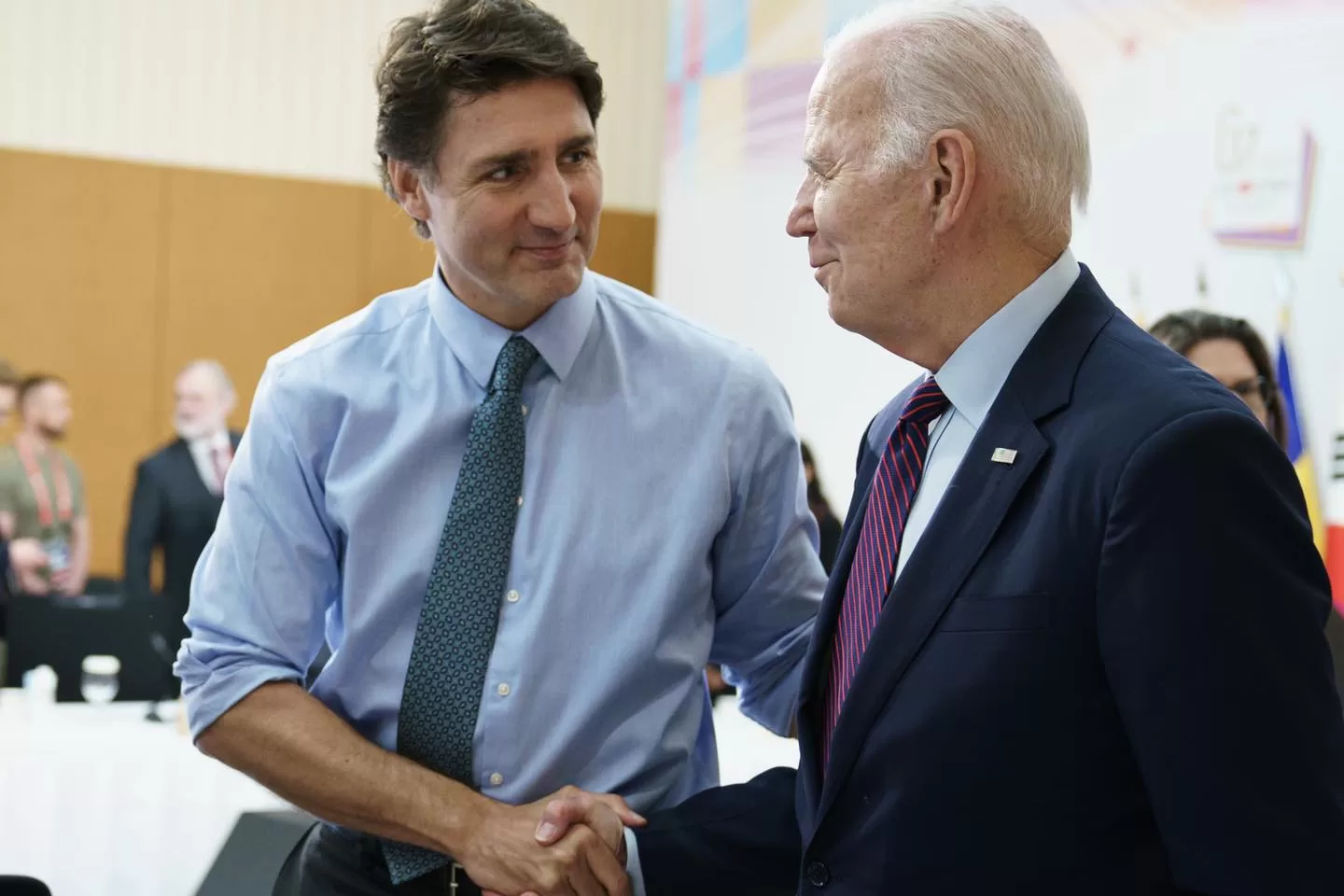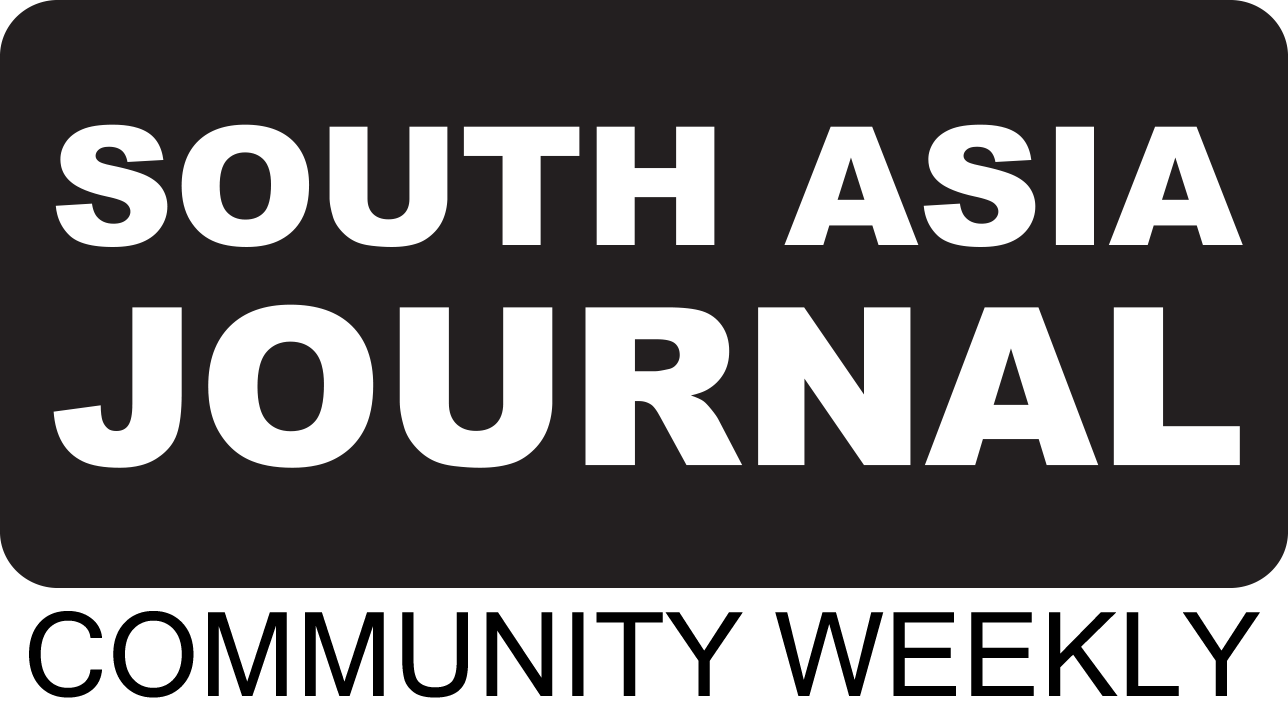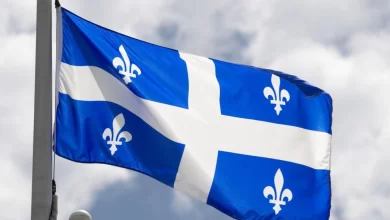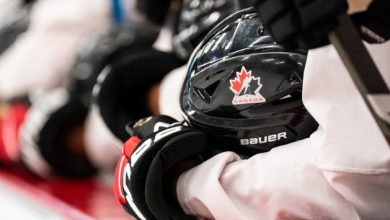
As Canadian Prime Minister Justin Trudeau answered questions from reporters in New York this week, his smile began to fade. Naturally, almost all of the questions were about Trudeau’s allegations against India.
Last week, Trudeau alleged that Canada had received credible evidence of the Indian government’s involvement in the extrajudicial killing of a national on Canadian soil. The deceased was a Sikh rights activist, who has been declared a terrorist by India.
However, the Indian government rejected Canada’s complaint.
“We don’t want to provoke anyone or create any problems,” Trudeau said cautiously in response to reporters’ questions. We have taken a position in favor of the rule of law.’ Some journalists then asked, where are Canada’s allies? Addressing Trudeau, one reporter remarked, “You seem alone in your time of need.”
India is the world’s fastest growing economy, with a population 35 times larger than that of Canada. Trudeau has had to stand all alone when facing India—at least that’s what it seems to the white eye so far.
From the day Trudeau made the explosive announcement in Canada’s House of Commons, none of the country’s major allies have come forward with firm assurances of support. Canada’s main allies, with whom it regularly shares intelligence, are collectively known as the Five Eyes Intelligence Alliance, the other members of which are the United States, the United Kingdom, Australia, and New Zealand.
Countries have issued a mixed bag of official statements, with none taking a firm stand on Trudeau’s side.
What is the reaction of the allies?
Australia said it was “deeply concerned” by the allegations. The UK has chosen a very similar wording to Australia. The country’s foreign minister, James Cleverley, said his country was “taking what Canada is saying very seriously”.
The most muted response came from Canada’s neighbor, the United States.
Although the two countries are close allies, the United States has not spoken out in anger on Canada’s behalf. When US President Joe Biden raised the issue of India during his speech at the United Nations this week, he did not condemn India. Rather, he praised the country for helping establish a new economic path.
Jake Sullivan, Biden’s national security adviser, believes that there is no “barrier” between the United States and its neighboring countries. He said that the issue is being closely discussed with Canada.
But other public statements were not as hot. While calling the ongoing dispute between the two countries a matter of ‘deep concern’, there was also an attempt to highlight the growing importance of India in the West.
What do the experts-critics say?
The problem for Trudeau now, experts say, is that Canada’s interests pale in comparison to India’s wider strategic importance. Xavier Delgado, a researcher at the Wilson Centre’s Canada Institute, said, ‘The strategy that the US, the UK and other Western and Indo-Pacific allies have decided as part of deterrence and countermeasures against China is largely India-dependent. Even if they want to at this moment, they cannot completely exclude it. That the Allies did not come quickly to Canada’s defense is an indication of everyone’s position in geopolitical reality.’
In an interview given to the Canadian television network CTV, the US ambassador to Canada, David Cohen, confirmed that the five ice countries have exchanged intelligence on this matter.
It is these allies who have rejected Canada’s call to publicly condemn the killing of Hardeep Singh Nijjar, citing reports that have been published in the media, saying they “do not want to comment on secret diplomatic discussions.”
However, this incident also indicates Canada’s weak position on the world stage. The country is a reliable ally of the West, but not a superpower in its own right. Christopher Sand, director of the Canada Institute, believes there is a power play at play here. “There is power, power and money at play in decision-making here, none of which Canada has,” he said.
Few outside India have opposed Trudeau’s decision to go public with the allegations. If his allegations are true, it would be a political assassination on Canadian soil, committed by another democratic country. But these moral issues do not seem to be able to attract global attention.
For Trudeau, this chilling geopolitical reality means isolation for some time, and tensions with India rising in the meantime. These include reciprocal diplomatic expulsions, travel warnings, and the most dramatic decision to suspend visas for Canadian citizens wishing to travel to India.
Adding salt to the wound, this long week for Canada’s Liberal leader ends with an even longer summer. As Canadians grapple with inflation and high interest rates, news of China’s alleged meddling in the country’s elections has surfaced.
Critics say Trudeau and his cabinet are aware of the issue, but have failed to take it seriously.
Then the country’s notorious serial killer, Paul Bernardo, was transferred to a medium-security prison – sparking outrage across the country after news emerged. With this, Trudeau and his government are under pressure once again.
By September, meanwhile, public support for Trudeau had fallen to its lowest level in three years. 63 percent of Canadians do not support Trudeau, who was elected in 2015. Shachi Carle, president of the Angus Reed Institute, a nonpartisan think tank, said his approval rating has not fallen that much in eight years. He has to face various questions. For example, ‘Would you like more power?’ ‘Would you resign?’
It’s another chilling reality for Trudeau. He was elected Prime Minister with a stellar majority. Campbell Clarke, chief political writer for the Globe and Mail newspaper, said, “He’s a celebrity, the likes of which we’ve never seen in Canadian politics.” And after winning the election, his popularity has increased.
But after eight years in power as prime minister, Canadians seem to have had their say. Clarke said Trudeau’s star power seems to have faded, especially in recent months.
Still, many experts cautioned that the tension with India may seem like Trudeau is standing alone on the international stage, but the push was needed domestically as well.
Clarke said, “This excitement kept him away from all kinds of internal questions.”
Trudeau ended his week standing alongside another ally and celebrity, Ukrainian President Volodymyr Zelensky. Trudeau is in good company, at least for a day.




